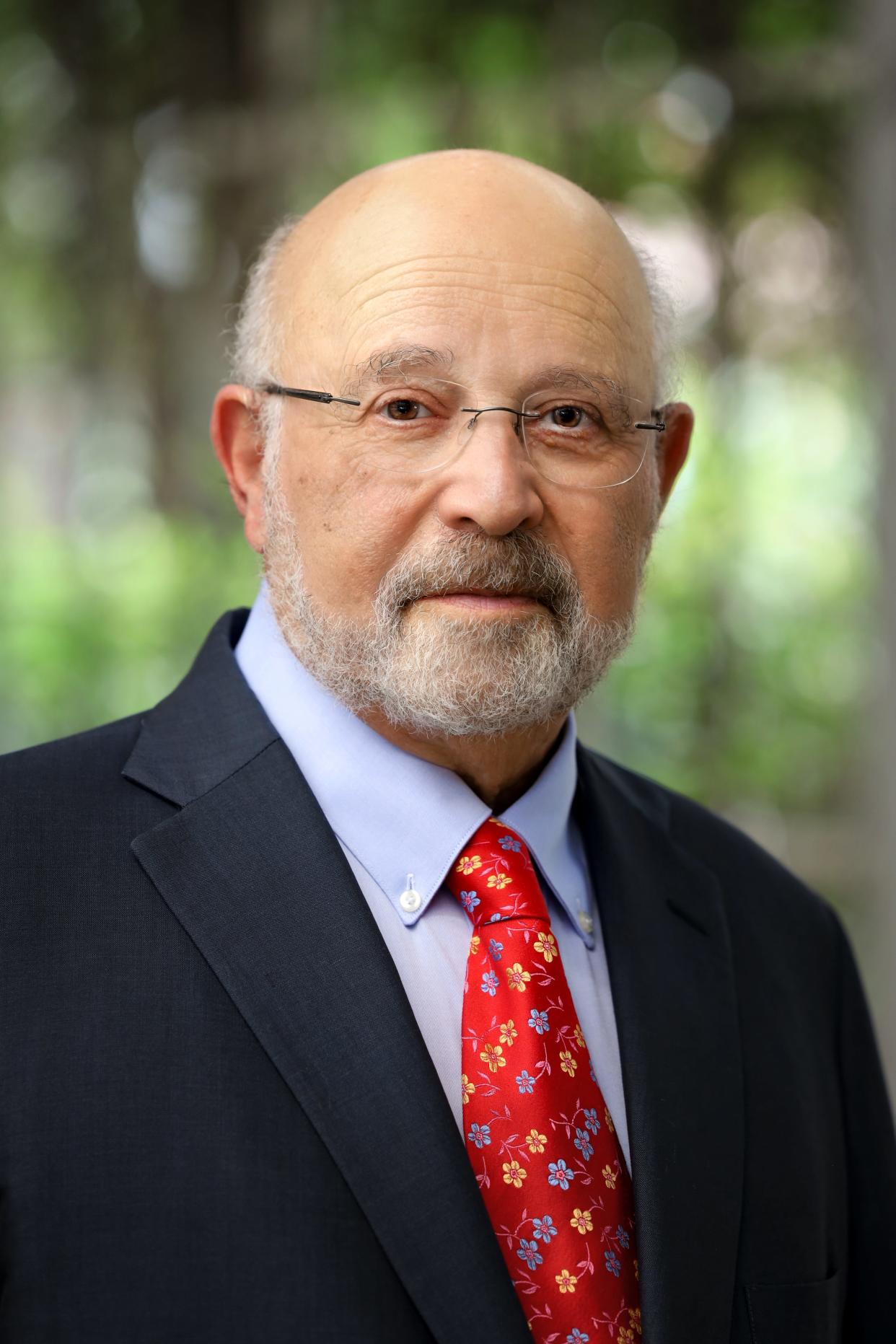Stock market outlook: Studying history provides investors perspective | Cumberland Comment

As we have written many times, there is a difference between uncertainty and risk. Risk analysis has methods to assign probabilities of outcomes. Uncertainty means the risk probabilities cannot be estimated with high confidence.
We are presently facing uncertainty. The ultimate issue comes down to whether or not there will be a serious recession. If you think the answer is yes, then you see the recent stock market rally from the lows as a rally in a bear market and expect that more damage lies ahead and lower stock prices are in the 2023 timeframe. If you think the outcome of Fed policy is a “soft landing” or a mild and short-lived recession, then you can trade this market as if a bull phase has commenced and the market lows have been seen for this cycle. Turn on financial radio or television, and you will hear and see many opinions scattered across a wide range. Some of them are offered with robust conviction.
Today, my personal view is that we do not know yet and cannot yet know. The uncertainty we described means that probabilities of the recession-severity outcome are very difficult to derive in the current environment of an expanding regional shooting war in Europe, a worldwide financial sanctions and payments war, disruptive culture war politics in a divided U.S. government, growing internal security concerns (electrical grid vulnerability is a good example), and a medical health sector that is hampered by labor shortages and therefore not able to deliver the services we have taken for granted for decades.
Now that the political culture war has reached into the public health system so deeply as to discourage new entrants into the health care professions, we are experiencing the outcomes in negative ways. Remember that health care is 17-18% of the GDP of the United States. It might be higher if trained people could be found and hired to fill the vacant positions.
We've talked about inflation and markets and about earnings and recession risk. So, here’s what’s worrying me as I look back at history. Cumberland Advisors was founded in 1973. My founding partner, Shep Goldberg (now deceased), and I were busily creating our new investment advisory firm 50 years ago. That's right: 2023 is Cumberland's jubilee year.
Here's what we encountered. Markets had recovered from the 1969–1970 bear market. Inflation was a mild concern but was starting to worry some of us. Then, in the summer of 1973, Egyptian president Gamal Abdel Nassar closed the Straits of Tiran on the Red Sea and started a cascade of events that led to the Yom Kippur War and the Saudi-led Arab oil embargo and a quadrupling of the price of oil. All that happened in the first two years of Cumberland's existence.
In the 1973-1974 bear market, stocks lost about half of their value from peak to trough. Interest rates spiked higher and higher and reached the highest levels seen since the American Civil War. Inflation exploded higher. The U.S. economy and other parts of the world entered a recession, and it deepened and deepened. The Federal Reserve under Arthur Burns was trying to deal with inflation spiking, recession worsening, and global geopolitical shocks, all at the same time. The first year and a half of money management at the new Cumberland Advisors was a trial by fire. Clients didn't want to do anything. They were terrified. The economic outlook was bleak. The headlines were awful. But markets bottomed at the end of 1974, and a bull market ensued. I remember it well – Cumberland participated in that bull market.
Over the last half-century, I have learned that the cliché about history is accurate: "History never repeats itself, but it often rhymes." Studying history is one of the greatest value-added propositions an investment advisor can utilize, in my opinion. Today, nearly everyone under 40 in the financial profession has little personal knowledge and experience with rising inflation, rising interest rates and geopolitical shocks. Some may have studied prior periods in a book or a college course. But they weren't adults when the rubber was hitting the road. Those of us who have been around and are still here see things differently. I'm one of those. I have some colleagues at Cumberland who also qualify for membership in the Old Fossil Club. And our job is to remind the "kids" at Cumberland that history is to be respected.
Here's my final take. We don't know if what lies ahead will indeed rhyme and if 1973–1974 is the metaphor to guide us. What we do know is that uncertainty abounds.
As Cumberland's U.S. Equity ETF accounts wrap up 2022, they end the year with a cash reserve. They are not fully invested. They are overweight in the aerospace-defense sector, the healthcare sector, and the alternate energy sector with sensitivity for climate change-induced activities.
David Kotok is chairman of the board and chief investment officer of Cumberland Advisors in Sarasota.
This article originally appeared on Sarasota Herald-Tribune: DAVID R. KOTOK: Here’s what worries me about the near future: 1973–74

